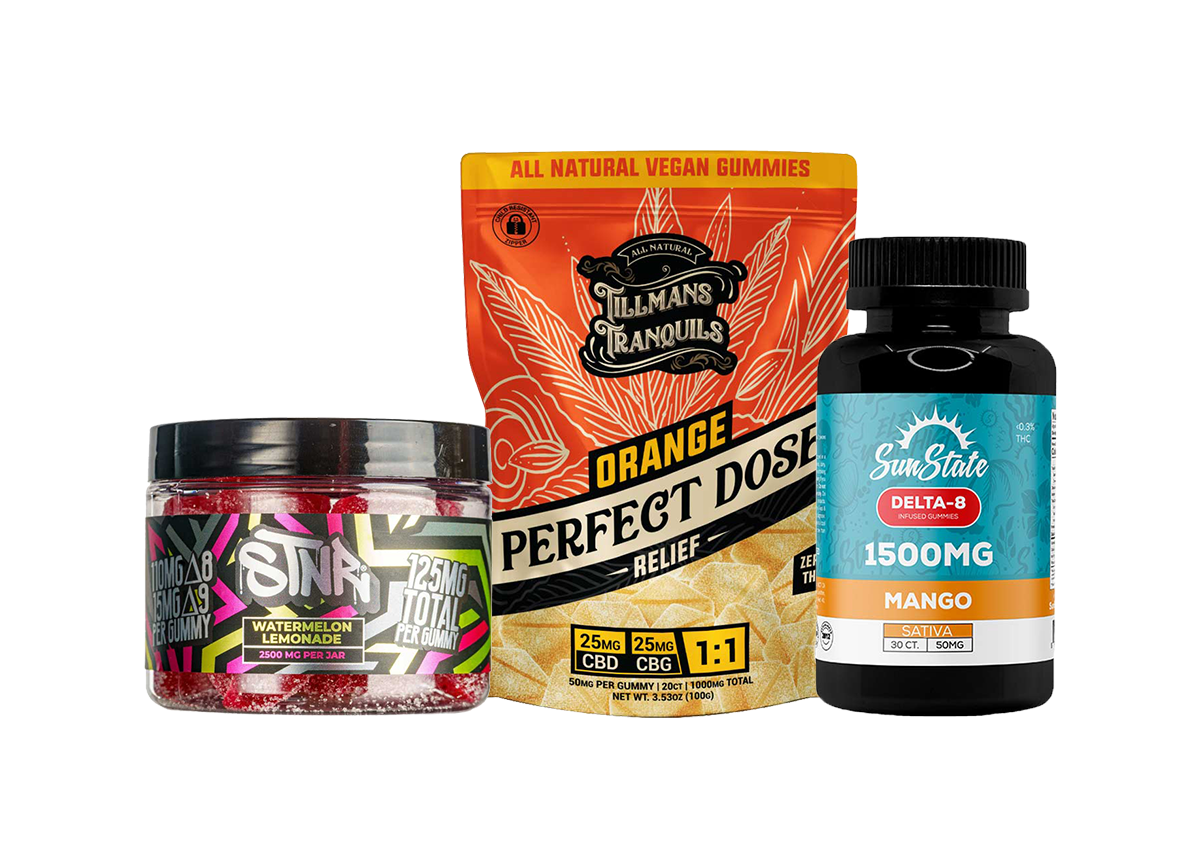Introduction
Many people seek better sleep by taking melatonin supplements as a quick fix. However, relying on synthetic solutions like melatonin may not be the healthiest option in the long run. In this blog, we'll explore melatonin, its potential drawbacks, and why natural alternatives like CBD and CBN offer a more holistic approach to improving sleep quality.

Photo by Andrea Piacquadio
What is Melatonin?
Melatonin is a hormone naturally produced in response to darkness. It signals the body that it's time to sleep and helps regulate the sleep-wake cycle, synchronizing our internal body clock. Synthetic melatonin supplements are often used to address sleep disorders like insomnia or jet lag, but their effectiveness and safety have come under scrutiny.
Why Melatonin Might Not Be Healthy:
While melatonin supplements are widely available and may provide short-term relief for sleep issues, there are several reasons why they may not be the healthiest choice:
- Dependency: Continuous use of melatonin supplements can lead to dependency. The body becomes reliant on external sources of melatonin, potentially disrupting its natural production.
- Side Effects: Melatonin's common side effects include daytime drowsiness, dizziness, and headaches. Long-term use may also interfere with hormone levels and fertility.
- Regulation: The FDA does not regulate melatonin supplements, leading to product variability in quality and potency.
Exploring Natural Alternatives: CBD and CBN
Instead of relying on synthetic melatonin, consider natural alternatives like CBD (cannabidiol) and CBN (cannabinol), which offer a more organic approach to improving sleep:
- CBD: Derived from the hemp plant, CBD provides calming and relaxing effects, making it a popular choice for promoting sleep. It interacts with the body's endocannabinoid system to regulate various physiological functions, including sleep-wake cycles.
- CBN: Like CBD, CBN is another cannabinoid found in the cannabis plant. CBN is known for its sedative properties. It is produced when THC (tetrahydrocannabinol) oxidizes over time, making aged cannabis products rich in CBN. CBN is increasingly recognized for its potential to promote restful sleep without the intoxicating effects of THC.
Why CBD and CBN are Better Options:
Here are some reasons why CBD and CBN may be preferable to melatonin:
- Natural and Organic: CBD and CBN are derived from natural sources, offering a more organic approach to sleep support without the need for synthetic hormones.
- Minimal Side Effects: Compared to melatonin, CBD and CBN are generally well-tolerated and have fewer reported side effects. They are non-intoxicating and non-addictive, making them suitable for long-term use.
- Versatility: CBD and CBN come in various forms, including oils, capsules, and edibles, allowing for personalized dosing and administration according to individual preferences and needs.
Additional Benefits of CBD and CBN:
In addition to promoting sleep, CBD and CBN offer many additional health benefits:
- Pain Relief: CBD and CBN have anti-inflammatory properties, which may help reduce chronic pain conditions such as arthritis and neuropathy.
- Anxiety and Stress Reduction: CBD has been shown to have calming effects, which may help reduce anxiety and stress levels, promoting overall relaxation and well-being.
- Neuroprotection: Some research suggests that CBD and CBN may have neuroprotective properties, potentially offering protection against neurodegenerative diseases like Alzheimer's and Parkinson's.

THC: The Alternative Component
While CBD and CBN offer promising benefits for sleep support, THC (tetrahydrocannabinol), the psychoactive component found in cannabis may also play a role:
- Benefits of THC: THC is known for its sedative effects and may help promote sleep by inducing feelings of relaxation and drowsiness. It also has potential pain-relieving properties, benefiting individuals with chronic pain conditions.
- Drawbacks of THC: Despite its potential benefits, THC is associated with psychoactive effects, which can impair cognitive function and lead to dependency and addiction in some individuals. Additionally, THC may cause anxiety and paranoia in susceptible individuals, making it less suitable for sleep support in some instances.


